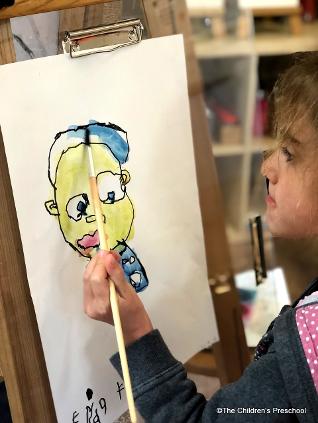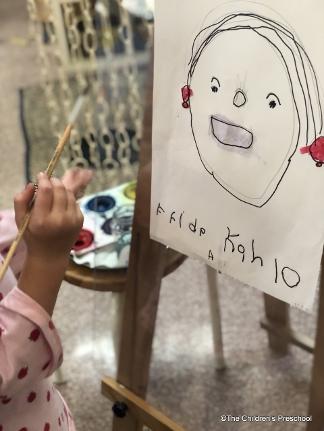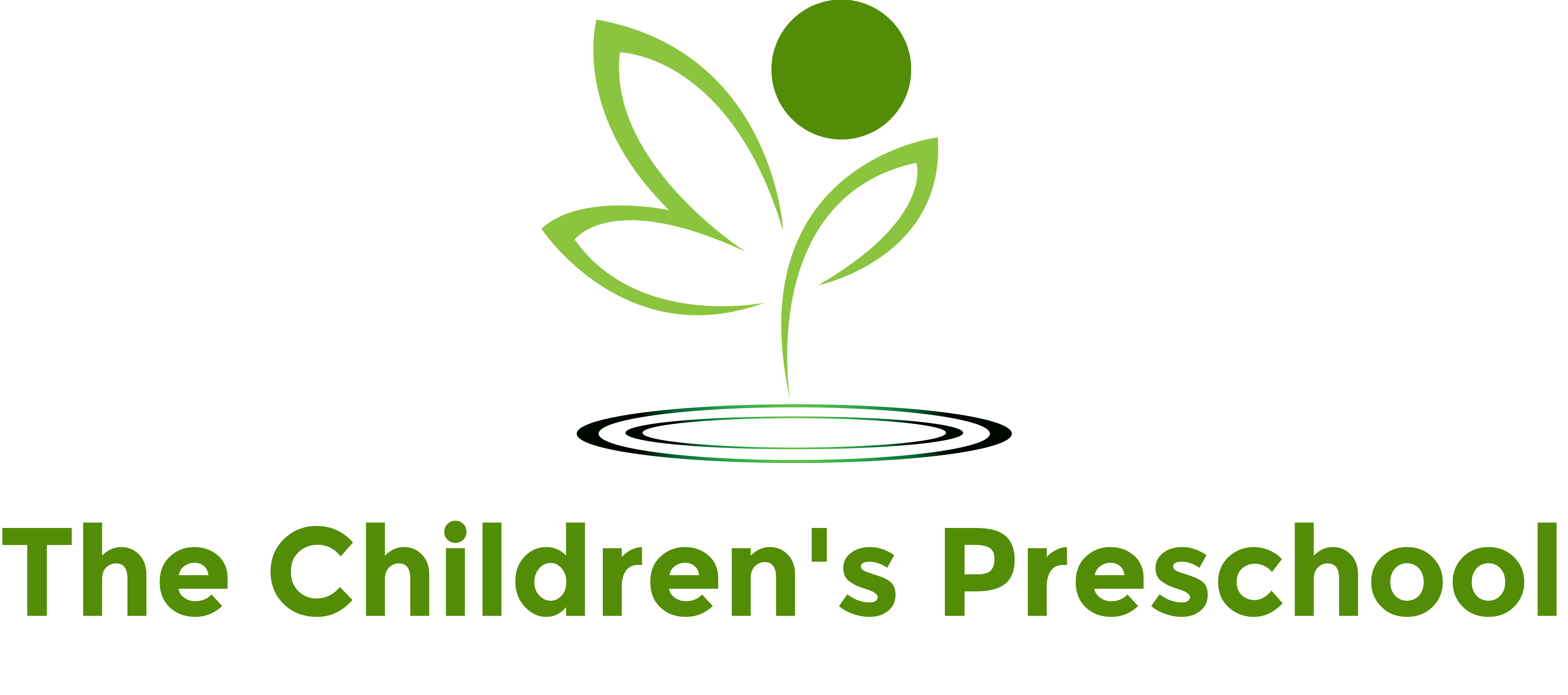Our Environment
The Children’s Preschool offers an integrated curriculum, bringing together children aged 3 to 5 years in one innovative learning environment, where traditional value meets contemporary practice.
Early Learning Program
TCP is guided by the Australian Early Years Learning Framework (EYLF), that informs the foundation for ensuring that all children in early childhood education and care settings experience quality teaching and learning with a specific emphasis on play-based learning. The education program is a continual process, of an ongoing cycle that includes documenting, analysing, planning and evaluating each individual child and a group of children’s learning.
A key feature in the Early Years Learning Framework is that planning and teaching for learning is achieved through play, providing a significantly clear distinction between early childhood education from other sectors of education.
Fundamental to the framework is the view that children’s lives are characterised as ‘Belonging, Being and Becoming’.
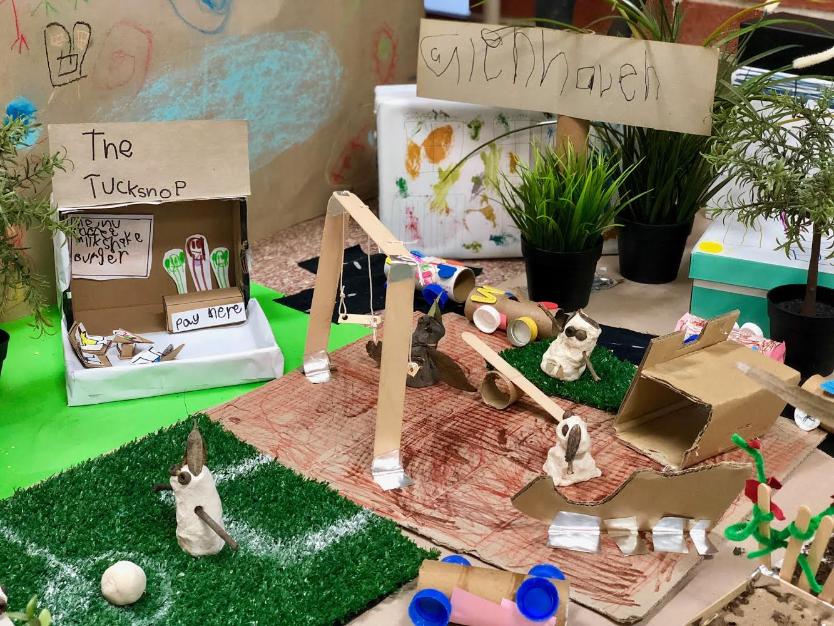
"Children must be taught how to think, not what to think" .. Margaret Mead
The really important stuff
TCP values the harmony of education and care, with the belief that each child aged 3 to 5 years needs responsive, nurturing adults to feel loved and valued. It is our hope that every child attending TCP feels safe and happy because we believe this is significant for learning to take place.
Traditional values
Our education program hopes to empower children with life skills to reduce, reuse, recycle, repair, be respectful and be responsible. By doing this we hope that children develop empathy, learn to be compassionate, respect difference, promote equality and live content and healthy lives towards a sustainable future as future global citizens.
During our day
In the practice of relationships children and educators work one to one, in small or large groups, engaged in intentionally planned and spontaneous experiences or sustained research projects.
In our beautiful indoor and outdoor environments you will see children learning:
To be a positive and active community member
How to be a good friend and care for others
Early numeracy and literacy concepts
About the creative arts
Branches of science
How to take care of their health, physical and mental well being
Documenting children’s learning
TCP view documentation as an important part of our work with children and families because it enables educators:
To effectively support and extend children’s thinking, learning and development
To capture children’s voices and ideas in planning, documentation and evaluation.
Allows us educators to try different methods in our practice to find what is realistic, achievable and relevant for children, families and educators.
To share documentation efforts and experiences, and continue to learn, grow and develop, reflect and review.
To be open to change as the dynamics of the children’s group or team evolve.
We are selective in what we choose to document because it is not possible to capture all of the rich experiences and learning that occur every day.
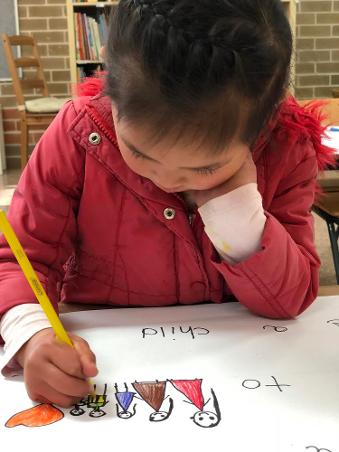
Documentation methods may include:
-
written anecdotes
-
reflective journals
-
photographs
-
videos
-
children’s work samples
-
observations
-
narratives
-
learning stories
-
family feedback
Why do we document?
Gathering and analysing the documentation provides educators with evidence about what children know, can do and understand.
Being informed allows educators to work in partnership with families, children and other early year’s professionals and or allied health practitioners.
Documentation informs planning for children’s current and future learning
Communicating evidence about children’s learning and progress.
Determines how children are progressing developmentally and towards realising the EYLF learning outcomes and if not, what might be impeding their progress?
Identifying children who may need additional support in order to achieve particular learning outcomes.
Provides support or assists families to access specialist help.
Evaluates the effectiveness of learning opportunities, environments and experiences offered and the approaches taken to enable children’s learning.
Reflecting on our role and practice as educators within the learning context.
